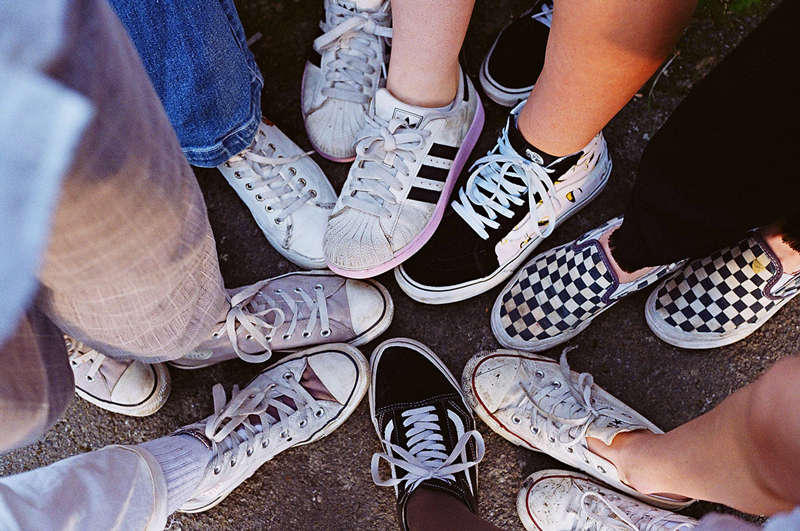Evangeline Davis takes photos that remind you of long, semi forgotten summer afternoons with friends — the ones when you were too old to play, and too young to do pretty much anything else, so you’d borrow your mom’s camera and pass the hours staging haphazard photoshoots. It’s not surprising the Wellington native offers such a clear vision of fragile girlhood; fresh from university, Davis is still comparatively close to those chapped lips, scraped knees, and flushed faces.
Creating her graduate photobook Touchy took her all over New Zealand’s North and South Islands in search of girls to shoot. Somewhere along the way, she realized she’d collected an uncultivated fan-following, an inbox full of work requests, and a lot of new friends. These friends and fans were drawn to Davis’ work, but also her sense of openness and empathy. She shot her subjects on film, observing: “girls feel more comfortable without the review button.”
You primarily photograph young women. What are you looking to explore in your images?
The photos I’ve been taking recently have had me questioning a lot of things I always just accepted when I was growing up, like how we get our beauty standards from fashion and the media, but how these aren’t reflected in real life at all. I wanted to be a fashion photographer at first; I did an internship with a fashion photographer a few years ago. I realized the representation of girls within fashion was so narrow. It’s not as narrow now, but a few years ago it was just all white, stick-thin… I couldn’t see myself in those girls. I think that’s when I decided I wanted to photograph girls in a different way.
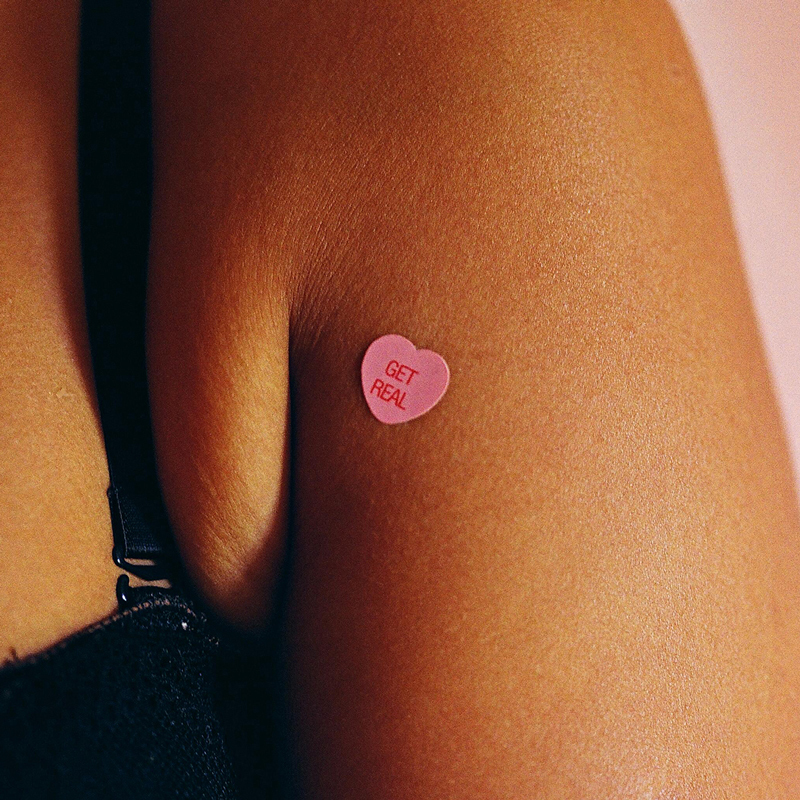
Tell us about Touchy, your photo book and graduation project.
I chose the title because I thought it implied a “touchy subject,” and also because a lot of my photos are quite textural. I’ve shot around 60 girls all together; it’s been really hard deciding what photos to include in the final book. I’ve been traveling to the North Island to shoot a lot, but I’ve also been able to do heaps in Wellington. I’ve learned so much from the girls I’ve shot. Every time I get behind the camera I’m like, “wow! If I was like you when I was 17, life would have been so much less of a hassle!”
Looking at the work of people like Petra Collins and Cass Bird, there seems to be a real interest in photographing that transition from girl to womanhood. Why do you think we’re so drawn to this subject?
It’s a period of life we can relate to — girls have very similar insecurities that no one really talks about until we get older, and then we talk about things in hindsight. But I think the unspoken things — like shaving your legs for the first time, holding someone’s hand for the first time — there’s a real sense of curiosity that surrounds these moments. They’re repeated experiences, we all relate to them.
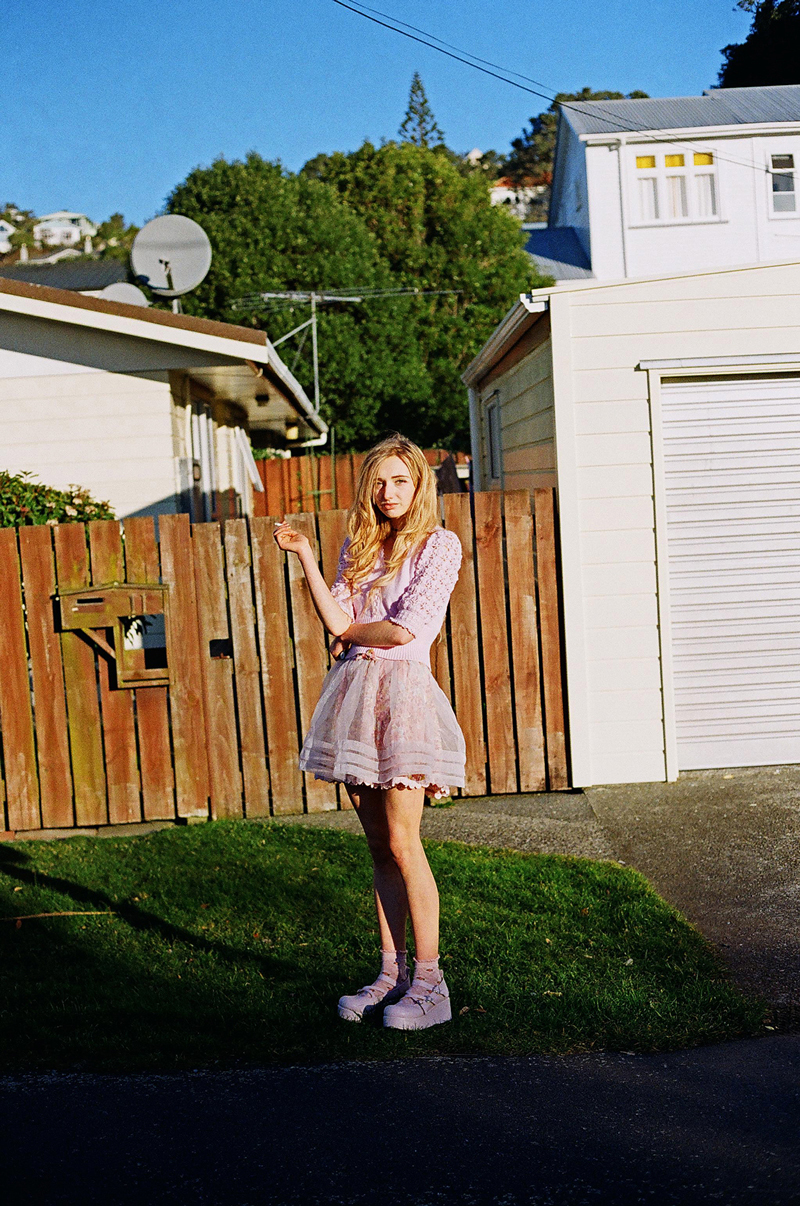
What do you think makes girls in New Zealand unique?
I haven’t really traveled so I don’t know what girls in other places are like, but I think because our population is so small, girls here are kind of down to earth. With that comes a certain openness; people are more inviting and happy to embrace different things, which has come in handy for my photography. I’ve been shooting girls aged between 16 and 30, but with some of the younger girls, I’ve been amazed by how comfortable they are in their own skin and how mature they are in front of the camera.
You talk about projecting a sense of empathy onto your subjects. How do you go about creating a relationship with the girls you shoot?
I think it has a lot to do with the film process. There’s only thirty shots on each roll so I spend a lot of time talking. I always try spend a good amount of time with each girl, and because we can’t look at the photos straight away, it becomes less about the photo and more about taking the photo.
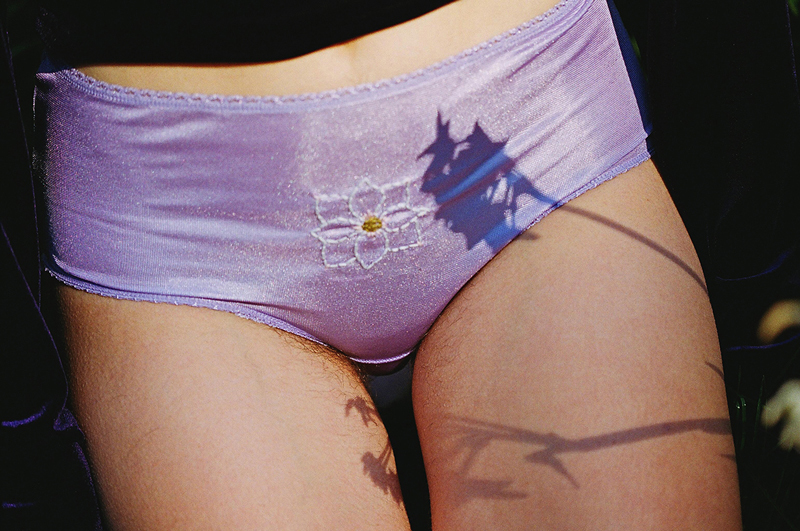
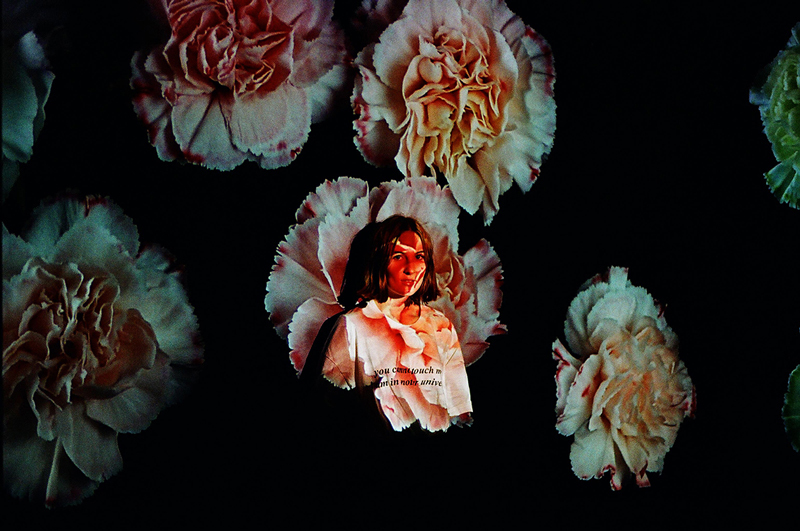
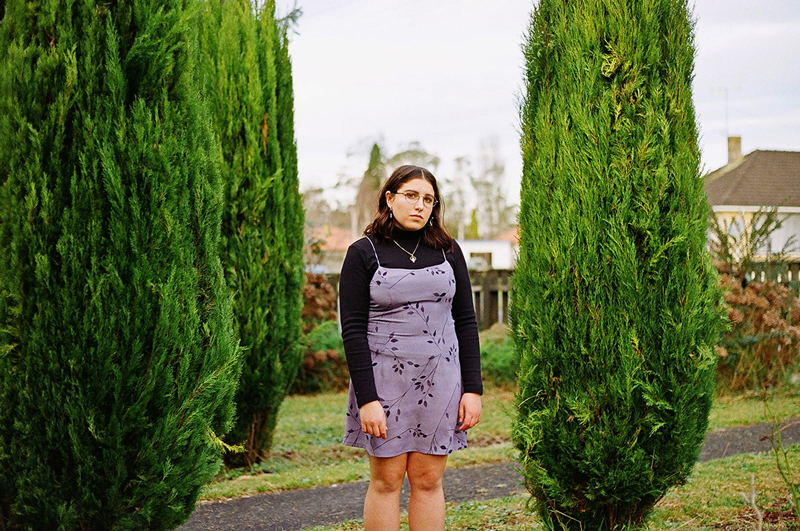
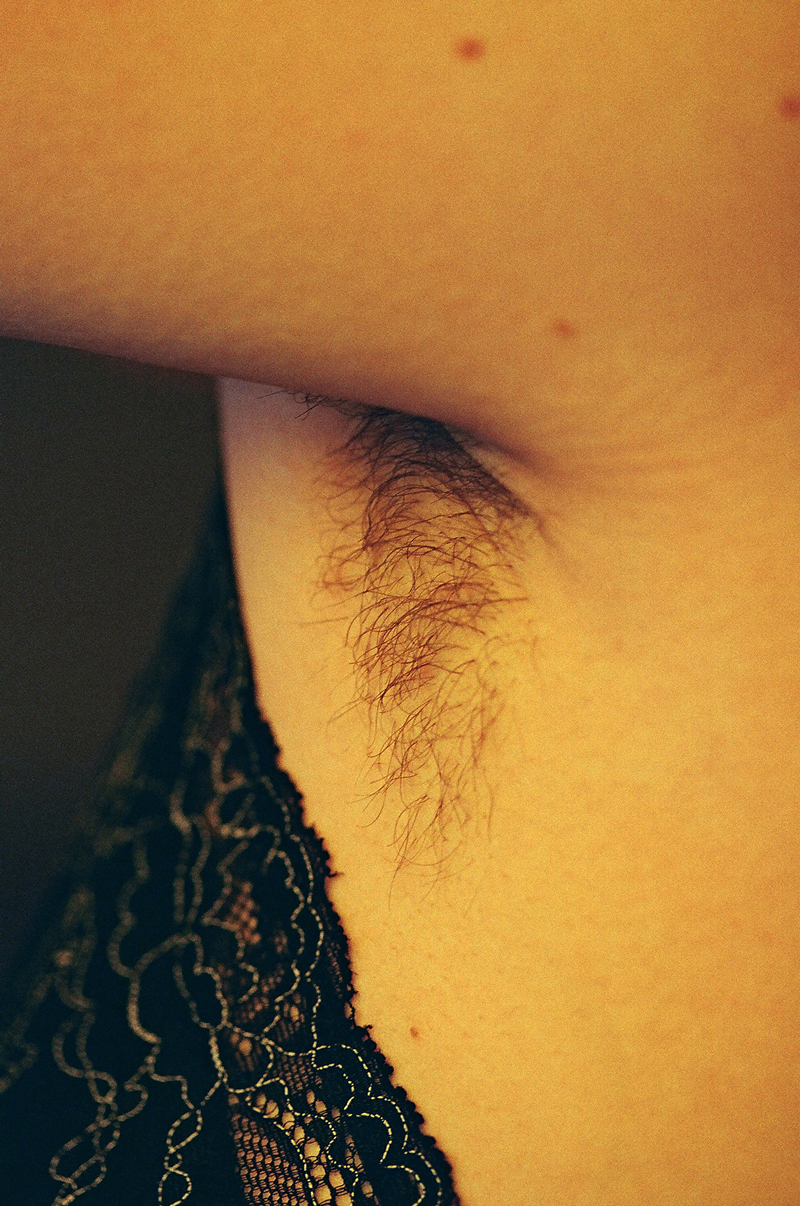

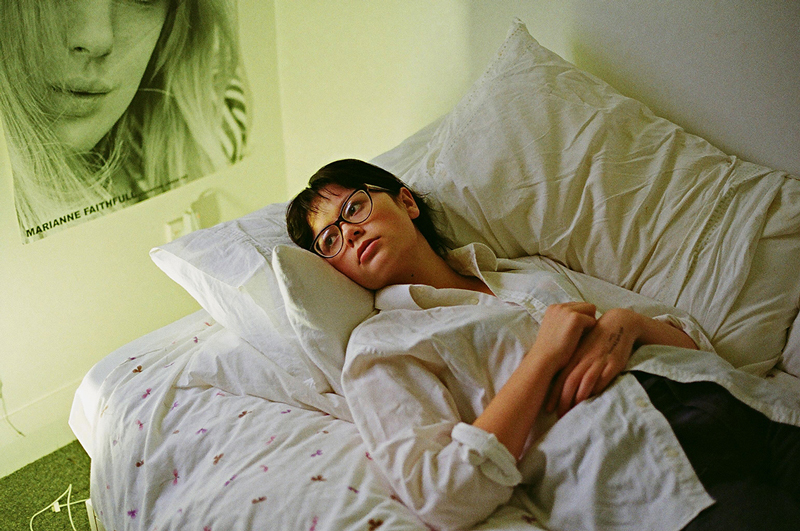
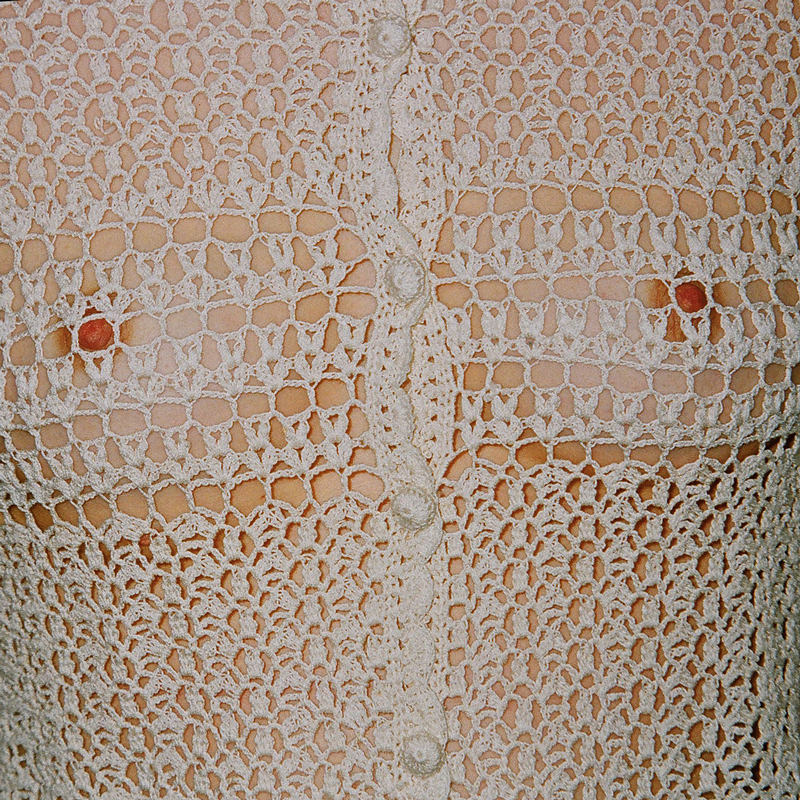
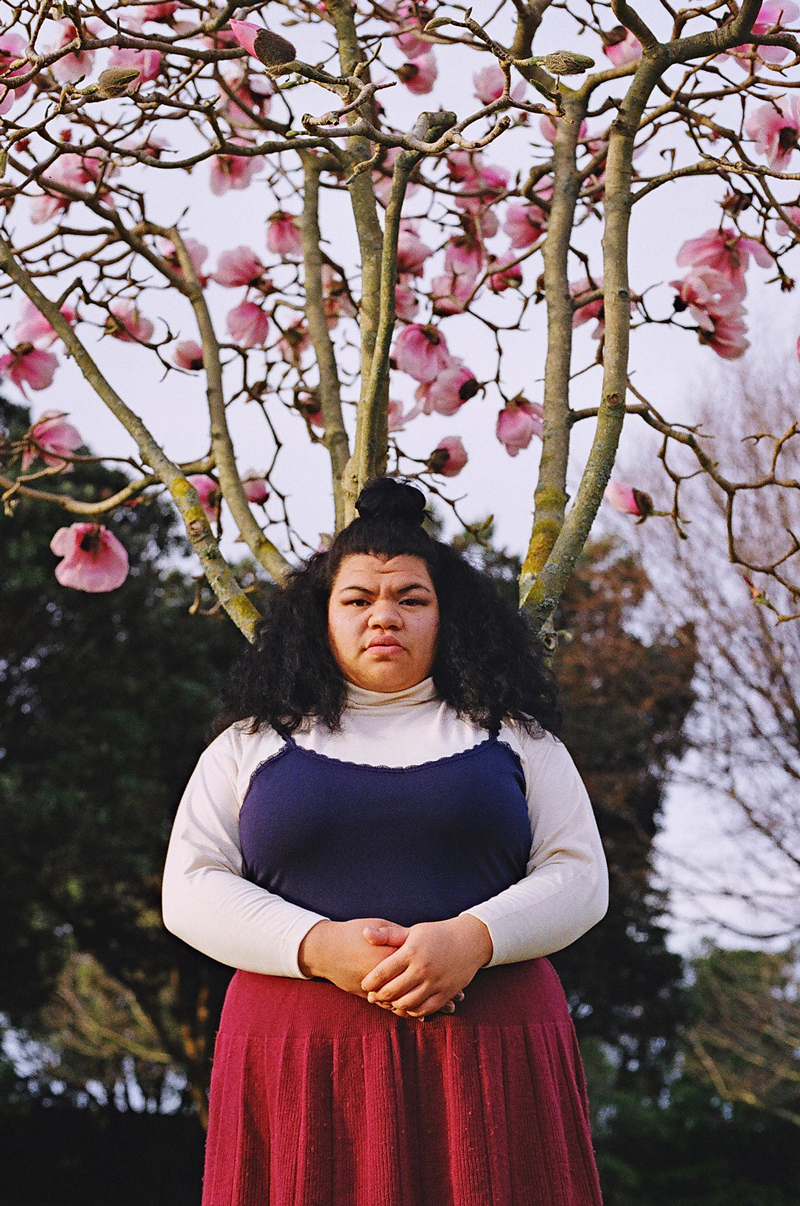
Credits
Text Amy Campbell
Photography Evangeline Davis
